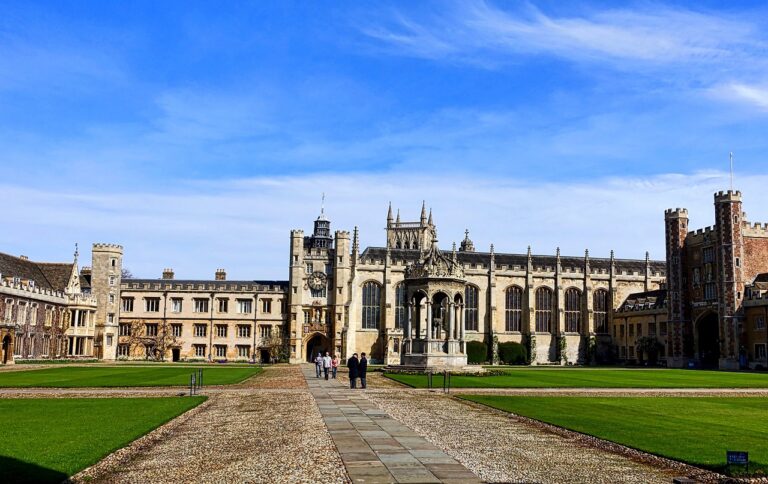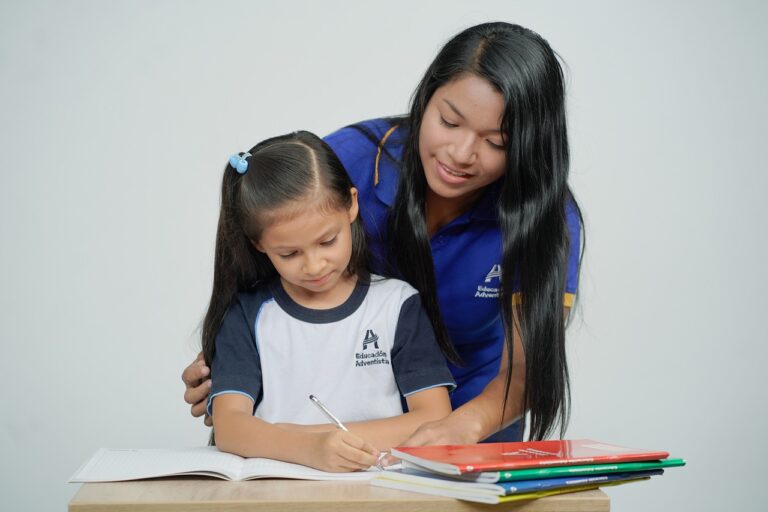The Influence of Socioemotional Learning on Academic Achievement
Socioemotional learning refers to the process of developing and understanding interpersonal skills, self-awareness, emotional regulation, and social awareness. It encompasses the ability to manage emotions effectively, establish positive relationships, demonstrate empathy towards others, and make responsible decisions. This type of learning goes beyond academic knowledge and focuses on nurturing students’ emotional well-being and social competence.
Through socioemotional learning, individuals acquire essential life skills that contribute to their overall mental and emotional health. By fostering social and emotional skills, students are better equipped to navigate challenges, communicate effectively, collaborate with peers, and exhibit resilience in various situations. Ultimately, socioemotional learning equips individuals with the tools needed to succeed not only academically but also in their personal and professional lives.
The Connection Between Emotional Intelligence and Academic Success
Emotional intelligence plays a significant role in academic success, beyond just cognitive abilities. Students with high emotional intelligence are better equipped to manage stress, navigate social situations, and regulate their emotions effectively. These skills contribute to improved focus, self-motivation, and resilience in the face of academic challenges.
Research indicates a positive correlation between emotional intelligence and academic performance. Students who are emotionally intelligent tend to have higher grades, increased motivation, and better problem-solving skills. Developing emotional intelligence not only enhances academic success but also fosters strong interpersonal relationships and effective communication, essential skills for thriving in both academic and professional environments.
The Impact of Social Skills on Classroom Performance
Social skills play a crucial role in determining the success of students in the classroom. These skills encompass a range of behaviors, including communication, cooperation, and problem-solving abilities. Students who possess strong social skills tend to excel in collaborative activities, group projects, and interactions with their peers and teachers.
In a classroom setting, social skills are essential for fostering positive relationships and creating a harmonious learning environment. Students who exhibit strong social skills are more likely to engage in meaningful discussions, work effectively in teams, and seek help when needed. Additionally, these students are better equipped to manage conflicts, show empathy towards others, and demonstrate leadership qualities, all of which contribute to their overall academic performance.





